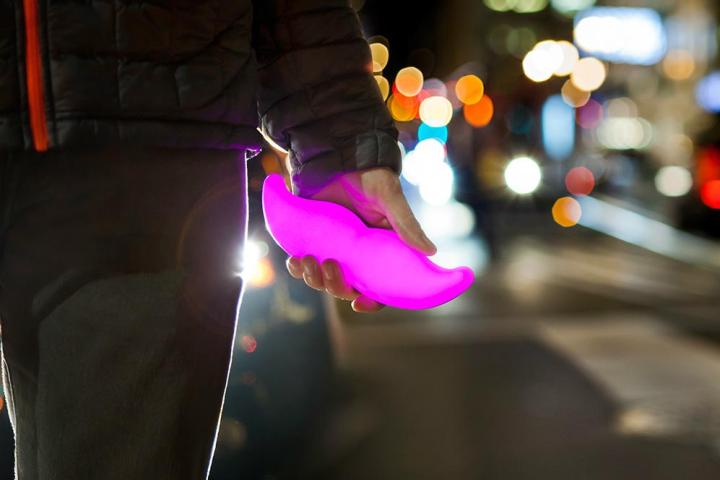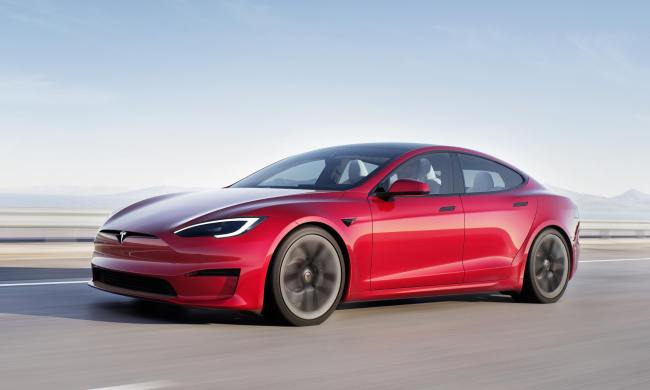
Lyft’s newly approved status can be viewed on the California Department of Motor Vehicles (DMV) website, which notes that it is “currently accepting applications for the Autonomous Vehicle Tester Program.” The first company to gain approval was Volkswagen, but since then, more than 40 other firms have been granted the same privilege.
As the industry grows more crowded, the likelihood of partnerships rather than competition appears stronger than ever. Lyft already has a number of agreements in place with self-driving companies to help advance its own purposes. Earlier in 2017, the transportation giant struck a deal with Waymo in the midst of Waymo’s lawsuit against Uber. While details around the deal are still unclear, we previously noted that it would “likely lead to increased testing and attempts at commercialization of self-driving cars.”
Separately, Lyft also teamed up with Ford Motor Company to bring autonomous vehicles to the public. “We expect that our partnership with Lyft will accelerate our efforts to build a profitable and viable self-driving vehicle business,” Sherif Marakby, Ford’s vice president of autonomous vehicles and electrification, wrote in a Medium post about the collaboration.
Then there’s Lyft’s deal with Nutonomy, which was described as a “strategic R&D partnership.” The goal, the companies said, was to optimize the “end-to-end experience of autonomous vehicle passengers.” So if you’re in Boston, you could soon be seeing on-demand, self-driving cars from Lyft and the self-driving platform. “By combining forces with Lyft in the U.S., we’ll be positioned to build the best passenger experience for self-driving cars,” Karl Iagnemma, CEO and co-founder of NuTonomy, said of the new collaboration. “Both companies care immensely about solving urban transportation issues and the future of our cities, and we look forward to working with Lyft as we continue to improve our autonomous-vehicle software system.”
Now that Lyft has been approved for testing in California, the solution to urban transportation issues may be closer than ever.


